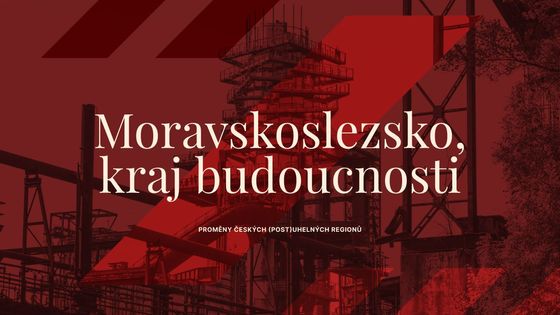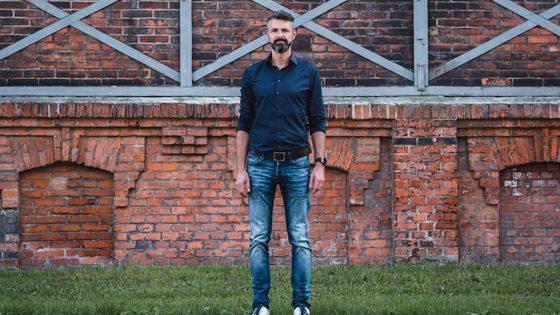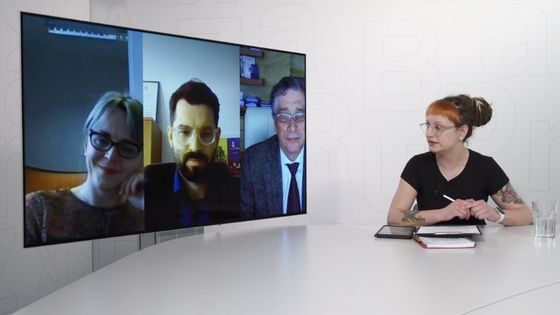Darren, tell us more about this beer ordering app.
We recently piloted this app. It started as an initiative to drive up app usage but we pivoted the idea to allow people to buy drinks from and to their seats at the football stadiums. The idea currently continues to evolve to other occasions.
This idea is a great example of a good innovation - we found that in addition to improving the consumer experience by overcoming a consumer issue (having to queue to get drinks, missing part of the event in order to buy drinks etc.), it also brings us closer to the end consumer - enabling to us to gather more information and make further offers to them. Beginning with a stakeholder problem is a great place to begin an innovation journey.
Speaking of innovations, what area of your business is most frequently innovated?
All areas of the company are encouraged to innovate - from supply chain (raw materials) through to liquid and packaging, logistics and distribution, and finally how we interact with consumers.
In Leuven, for example, we have a Global Innovation and Technology Centre which acts as a focal point for many of the innovations around liquid production and dispensing. The Solutions team have more of a technology focus - which means that we are looking at how we can apply technology to areas of the beer industry - e.g. Artificial intelligence to change the way consumers can interact with our brands, analytics and machine learning to improve our internal processes or drive sales.
How important are innovations for a beer brewer?
Very - innovation will help us stay relevant to consumers, drive the industry and deliver efficiency. Consumer trends are changing all the time, we are continuously looking at new types of product to both adapt to the change and potentially create new markets. Innovation can also help with keeping the company efficient and keeping costs down.
Is there any innovation you’re particularly proud of?
Apart from the one we mentioned in the beginning, we’re quite proud of The Smart Barley Programme, which is a great example of an innovation to create a platform to help barley growers around the world. It’s a very unique approach that’s based on building and supporting an ecosystem.
Are young talents an important part of your innovation process?
Having a pipeline of creative curious minds is the key to keeping the company successful and moving forward. Our talent development programmes help identify and develop future leaders, no matter the age. Creativity is ageless; we all have a part to play in innovation. The most important thing is to be curious, notice everything and be prepared to challenge things. Our own personal perspective and experience colours the way we approach things - diversity in all forms is incredibly important to build a creative organisation.
AB InBev
AB InBev is the World's largest brewer with approximately 30% share on the global beer market. In their office in Prague, there are almost 600 international employees, highly motivated to kick-start their innovative ideas and make them count on a global scale. Are you also in a search for an exceptional career?
Check the website ABInBev.
So everyone is encouraged to participate in innovations in AB InBev?
We have a number of people in the company whose role is innovation; some of those are in specialist areas (e.g. Global Technology Innovation Centre). We also have teams that act as innovation enablers. Ideas, however, can come from anywhere - Sharktank Challenge is a good example of that. It’s an internal innovation challenge for our senior leaders to set challenges that all employees are encouraged to join and contribute to.
Speaking of young talents, we’ve also recently started hosting these with European universities to attract graduates to the company. Everybody brings their own personal perspective and experience to problem, so it’s really important to have a diverse audience for those challenges.
Do you educate and help your employees to be more innovative?
We are currently rolling out some innovation training to help people understand their creative profile. This will help them understand how they can participate in the creative process - coming up with ideas; being able to spot commercial opportunities etc. - and that they all have a part to play in the innovation process.
One of the company principles is "we are a company of owners" - people are generally encouraged to think and act like owners - that means they are encouraged to challenge the ways we do things - and feel free to suggest changes. If you see something that could be done better, or more efficiently - say so.
How do you reward innovative minds?
The company has a reward and recognition driven culture. A good example is the Sharktank programme mentioned above. The winning three teams of this year’s challenge are being taken to our office in Silicon Valley (Beer Garage) to receive innovation training and to develop the minimum viable product version of their ideas to pitch back to the European management team. It’s a good demonstration of the company commitment to innovation.
Speaking of technological innovations, what do you think are the most promising fields for further development?
Technology is going to have a huge impact on the industry over the coming years. The big things for me that we should keep an eye on are: Data - will provide us a basis for using artificial intelligence and machine learning to change the way we interact with consumers and customers. Internet of Things will have a huge part to play - from making the manufacturing process more efficient through to enable us to track assets, or run marketing campaigns with consumers. Distributed Ledger has the potential to revolutionise raw material tracking in the supply chain and change the way we manage contracts with suppliers and customers. And Augmented Reality will reduce in cost and potentially transform the way we maintain equipment in the brewery. It could also change the way we interact with each other, given we’re such a geographically diverse organisation.















